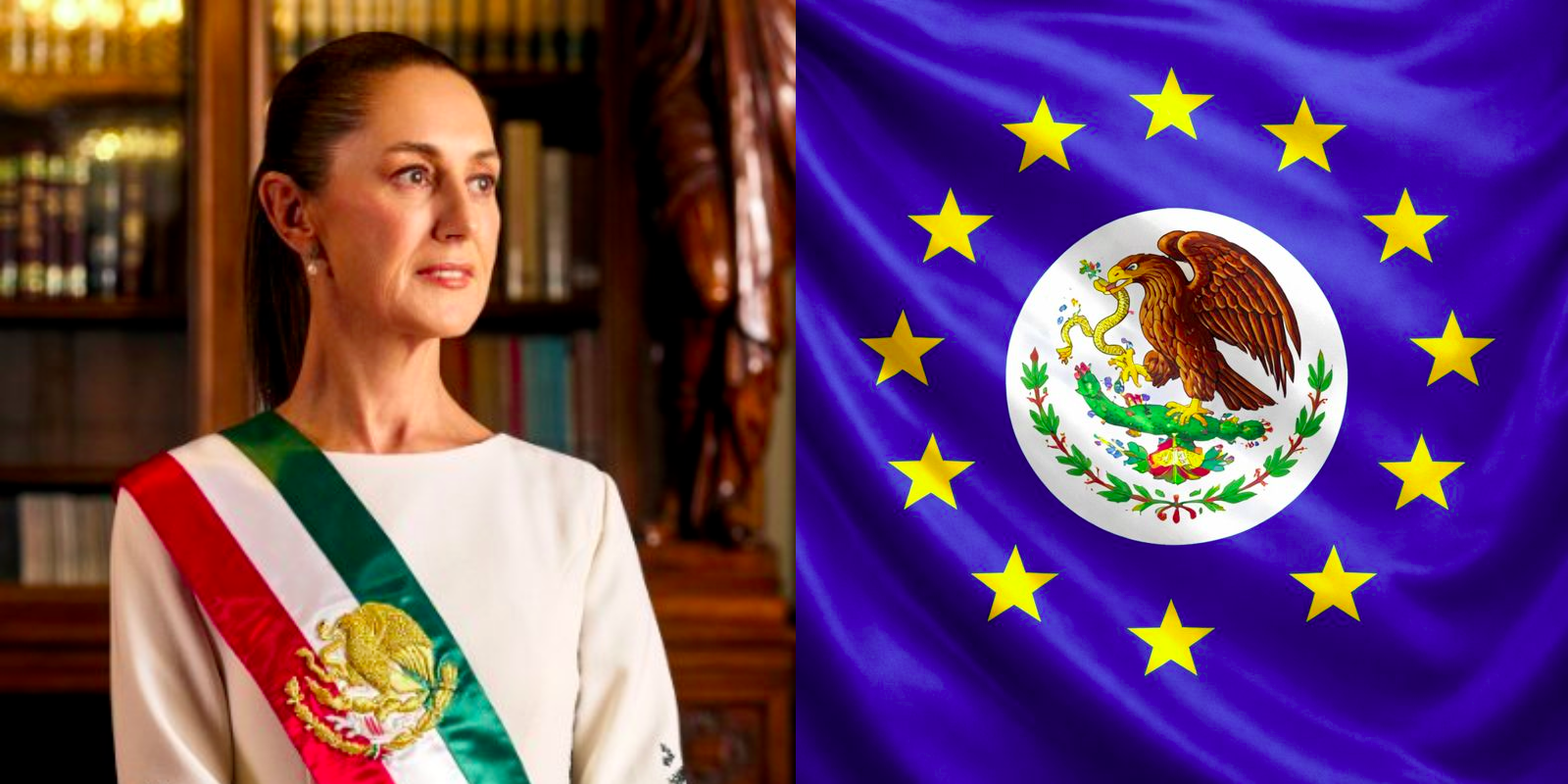John D. O’Connor is a former federal prosecutor and the San Francisco attorney who represented W. Mark Felt during his revelation as Deep Throat in 2005. O’Connor is the author of the book, The Mysteries of Watergate: What Really Happened.
It is very much a standard trope of Watergate lore that the infamous June 17, 1972, burglary made no sense. In the scandal’s conventional recounting, originally authored by the Pulitzer Prize-winning Washington Post, followed by hundreds of books, indeed this criminality remains head-scratchingly obtuse. But rather than providing a factually-shored narrative explicating this seemingly nonsensical caper, the Washington Post would prefer that society wallow in ignorance, while the paper continues to bask in the warm and profitable glow of journalistic preeminence.
Although the Post will continue to suppress (or if revealed, to deride) any long-concealed facts and logical inferences, the full story of what really happened is now within our reach, much to its journalists’ chagrin.
Two monumental works of original research, the stellar 1984 Secret Agenda by Jim Hougan, and the sensational 1991 Silent Coup by Len Colodny and Robert Gettlin, added much to public knowledge, but without the universal acceptance these works were due. That said, each book missed the mark on Deep Throat, and did not attempt any deep analysis of the Washington Post reporting. Other excellent works by Geoff Shepard and Phil Stanford were simply shrugged off as either too finite in scope or not solidly sourced.
But today, fifty years after the fact, building on these works, the public can finally know all it needs to know, both to understand the Watergate burglary’s genesis, and the Washington Post’s deliberate failures to report it.
With Mark Felt’s unveiling in 2005, his subsequent explanations of his role as Deep Throat, and his co-author’s analysis of Washington Post reporting, measured against its actual knowledge, we understand now both satisfying explanations of the whys and wherefores of the burglaries, and the motives and means through which the Post has concealed them for fifty years.
The Watergate narrative as continuously presented by the Washington Post has presumed Oval Office irrationality, because President Nixon at the time of the June 17, 1972, burglary was far ahead in the polls, was about to face an extremely weak opponent, and had no campaign intelligence to gain from the DNC, especially prior to the Democratic Convention.
Moreover, the target identified by the Post for fifty years – DNC Director Larry O’Brien – had not been in his office for weeks and would not return for weeks. So, gosh, the Post in essence says, this is another mystery of Watergate. But the Post at the same time seems remarkably incurious about these lacunae, chalking up the whole mystery of the burglaries’ purpose to a president obsessed with winning.
In fact, the Washington Post knows better, but will of course not let on, for such would be tantamount to a confession of deliberate deceit. We now know that the Post knew far more early on than the clueless White House honchos, but covered up salient facts from the public, which included the Oval Office.
Its reporters almost immediately knew the location of the cameras, camera clamps, open drawers and, therefore, the true target of the document copying inside the DNC offices. The Washington Post knew as well that DNC Director Larry O’Brien had not been wiretapped during the first burglary two weeks earlier, but instead the phone of a minor, usually absent, official, Spencer Oliver, Jr., had been the monitoring target.
The paper soon learned in addition that burglary supervisor Howard Hunt was most likely an undercover CIA agent, and that another “retired” CIA agent on the burglary team, James McCord, had admitted after arrest to his friend, a Metropolitan Police Department intelligence officer, that the Watergate break-in had been a CIA operation. But the Washington Post went out of its way to castigate anyone who suggested CIA involvement.
While the paper emphasized the campaign cash used, it knew very well that this had not been a campaign intelligence operation, but, rather, an operation seeking meretricious personal dirt, having no campaign connection whatsoever. But even today the Post without shame claims that the motive was a winning presidential campaign.
Today, we now have in plain sight, irrefutably proven, the truth about Watergate and its journalism. But the Washington Post will not admit to its long campaign of deceit, still pointing falsely to Richard Nixon’s alleged obsession with winning.
Heisman Trophy winner Reggie Bush had to return his award because he broke the rules on monetary compensation. Michael Johnson had to return his Olympic gold metals because he used banned substances. The names of many heroic, prominent and/or generous citizens have been removed from government buildings as well as from college campuses, because they were slave owners or oppressors of indigenous peoples.
If, collectively, our citizens review the evidence of Washington Post deceit in its Watergate reporting and deem it purposefully and continually lacking basis in truth for fifty years, will the chest-thumping, noble paper return its Pulitzer Prizes?
Don’t put any money on this bet, unless you don’t mind losing it.
 John D. O’Connor is a former federal prosecutor and the San Francisco attorney who represented W. Mark Felt during his revelation as Deep Throat in 2005. O’Connor is the author of the book, The Mysteries of Watergate: What Really Happened. It is very much a standard trope of Watergate lore that the infamous June […]
John D. O’Connor is a former federal prosecutor and the San Francisco attorney who represented W. Mark Felt during his revelation as Deep Throat in 2005. O’Connor is the author of the book, The Mysteries of Watergate: What Really Happened. It is very much a standard trope of Watergate lore that the infamous June […]






